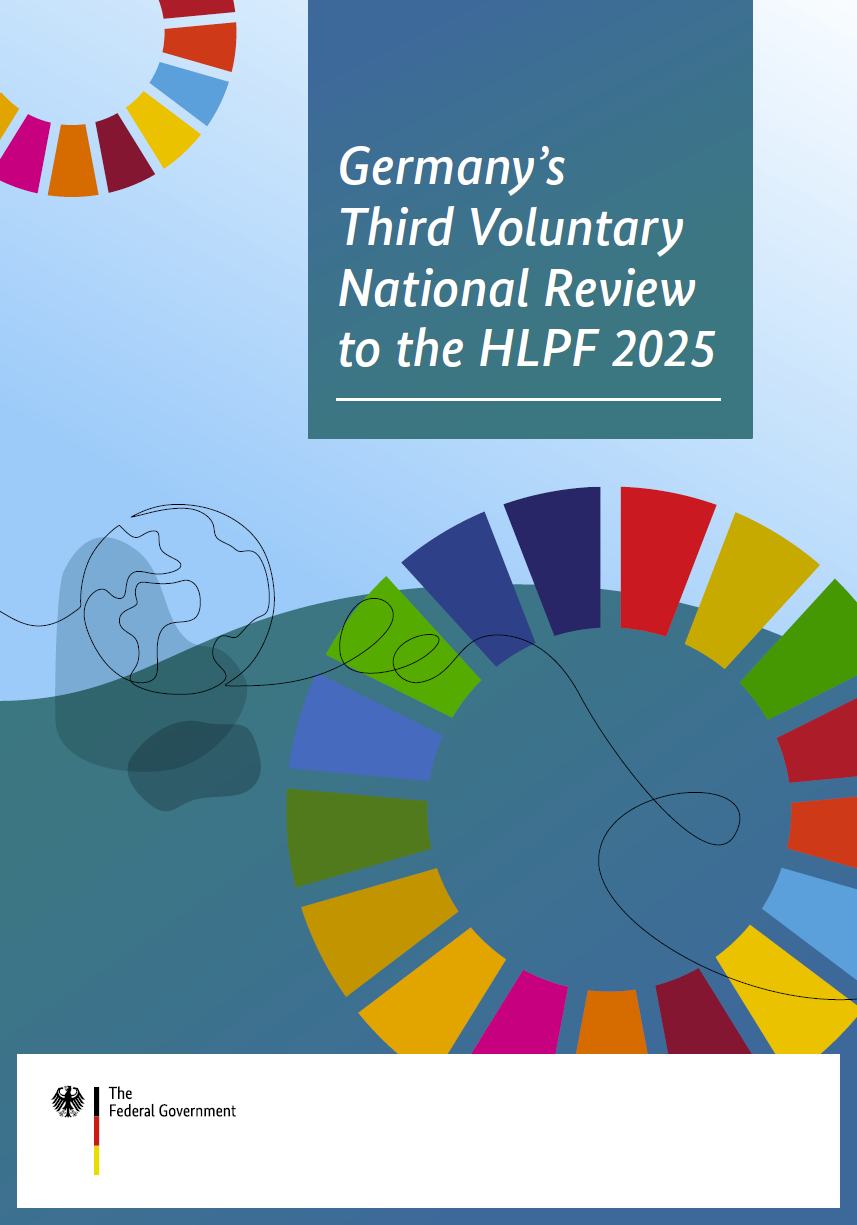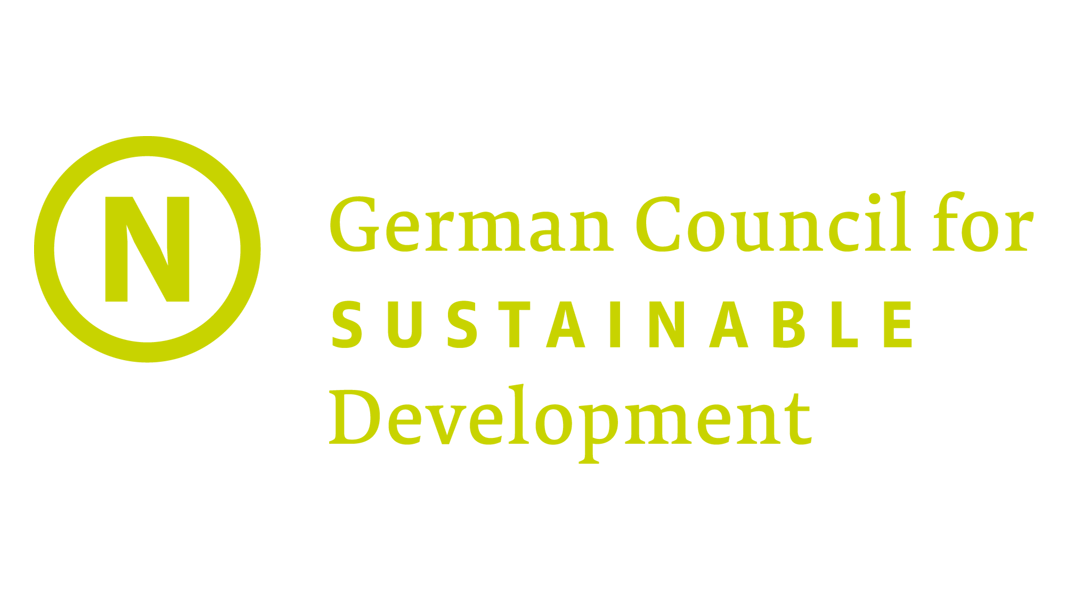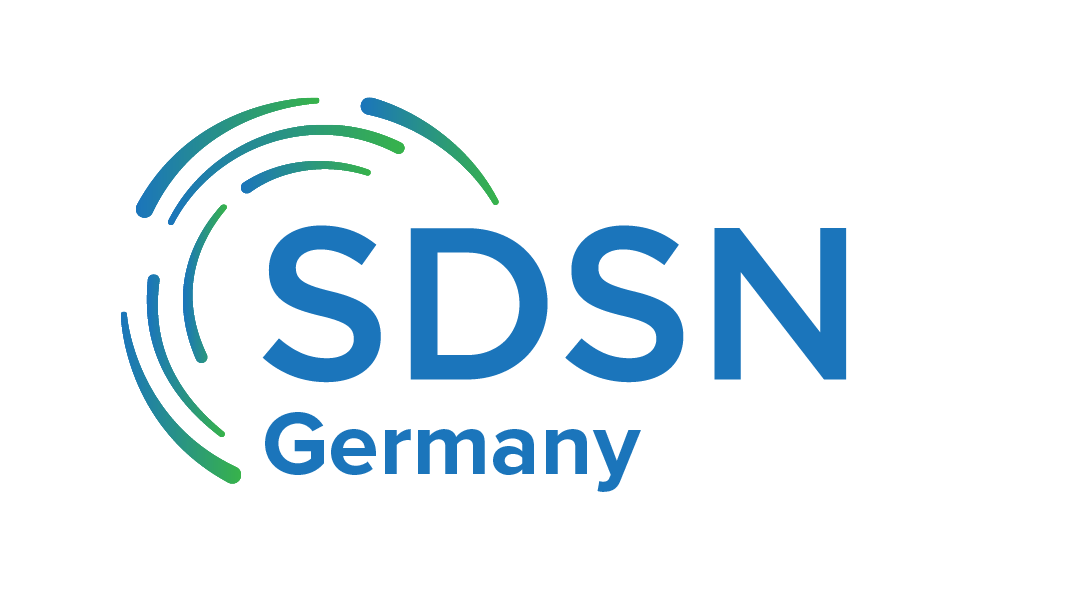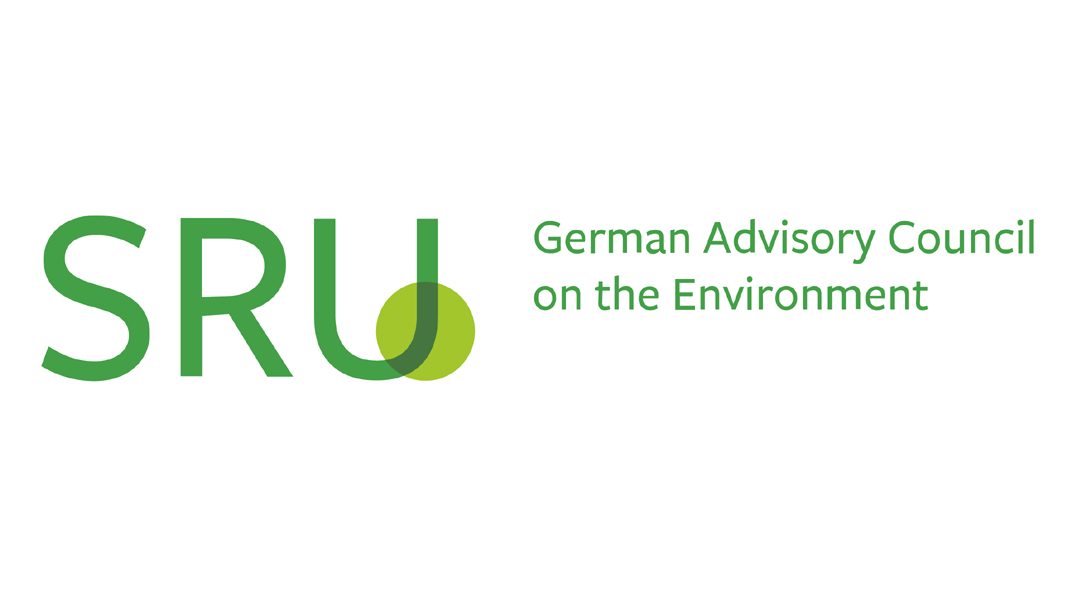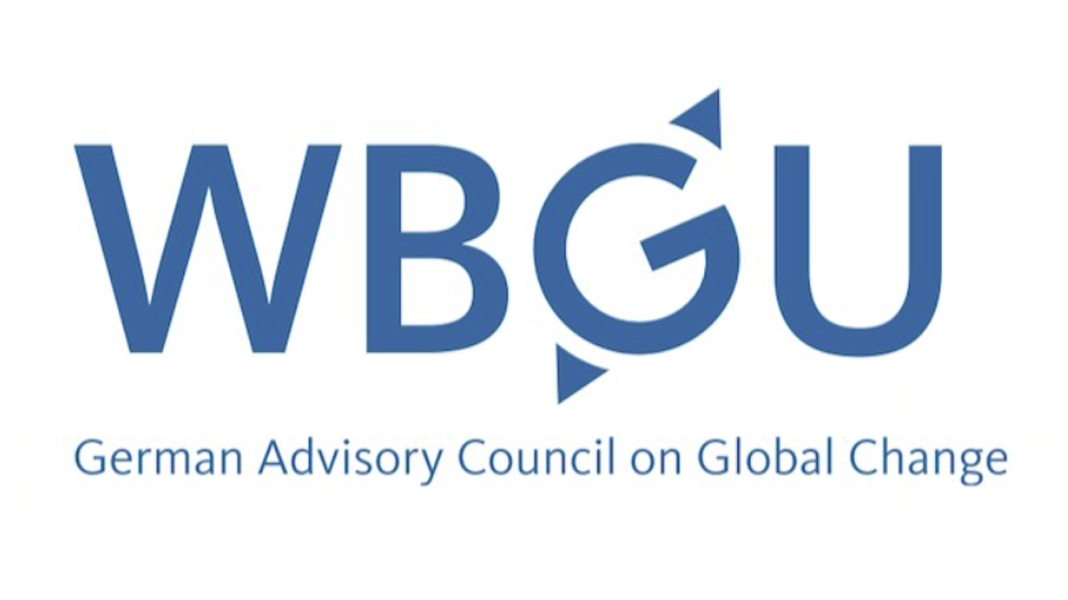VNR 2025 Joint contribution by the German Council for Sustainable Development (RNE), the Sustainable Development Solutions Network (SDSN) Germany, the German Advisory Council on the Environment (SRU) and the German Advisory Council on Global Change (WBGU)
Amid multiple crises and upheavals, the 2030 Agenda is more important than ever as a global guiding framework and mandate. It commits all countries to the SDGs and emphasises their cooperation. It is grounded in human rights and worldwide development in a global consultation process, which lends it legitimacy. Current analyses show that efforts need to be stepped up considerably if the goals, which are further defined in the Pact for the Future, are to be achieved by 2030. In light of technical, social and geopolitical developments, a number of additional challenges must also be factored in and considered. With regard to the content, an agenda beyond 2030 should continue to pursue the Sustainable Development Goals intensively so as to ensure that the goals that have been achieved are secured in the long term and still meet those that are as yet outstanding. Beyond 2030, we propose that the SDGs be further developed to include the following points as part of a transformation agenda:
- Digitalisation and artificial intelligence (AI)
It is important to harness the disruptive power of digitalisation for the sustainability transformation. AI offers the potential to solve global challenges such as the optimisation of resources or of early warning systems for natural disasters. To minimise misuse, the risks for individuals and democratic societies, inequality and discrimination, the concentration of power, and the surveillance and manipulation of the media and public opinion, there is a need for global governance structures, transparency, ethical guidelines, clear legislation and the expansion of public digital infrastructures.
- Sustainable financing of sustainable development
In addition to public funding, mobilising private investment is also crucial. Innovative financing instruments, such as green loans, tax incentives and public-private partnerships, can free up capital for sustainable projects. Low- and middle-income countries need targeted support from international funds and social security systems. Fundamental reform of the international financial architecture is needed, including reform of the debt system and the development of a sovereign default system and solidarity tax systems. - Fighting global and domestic inequality
Reducing economic, social and health disparities and the unjust consequences of environmental damage, including climate damage, requires tax reform, the promotion of education and equal opportunities, and the removal of trade barriers for poorer countries. Strengthening women’s rights and minorities, and access to international markets are essential. - Pandemic prevention and planetary health
Cumulative causes of environmental, social and health problems and potential synergies in resolving them, as well as the role of healthy living conditions, should be given greater consideration. Global monitoring systems, investment in research and research partnerships, and fair access to medical resources are necessary to prevent health crises. Local health infrastructure needs to be strengthened and international cooperation expanded. - Integrated approaches for water use and land use
Sustainable management of natural resources on land and at sea creates positive interactions with all other SDGs. Use and protection aspects should be integrated on all land surfaces and in all parts of the water cycle. In particular, soil moisture needs to be integrated into water legislation as a protected good, and transboundary, climate-resilient water management is required.
- Circular economies
Circular economy models should be promoted through various instruments. Companies and consumers must be supported in establishing resource-efficient practices. Developing global standards for the circular economy would promote international trade and cooperation. In public procurement, in particular, recyclates and recyclables need to become standard.
- Better measurability and indicators
Standardised indicators and real-time data are crucial in making progress measurable and identifying challenges at an early stage. This also includes measuring spillover effects whereby one country’s consumption and production structures hamper the achievement of the Sustainable Development Goals in other countries. New prosperity indicators that better represent non-monetary aspects are also needed. Transparency and accountability should be strengthened through independent institutions (above all, national statistical offices) and civil society engagement.
To underpin the future sustainability agenda, education for sustainable development should be strengthened, cooperation between governments, companies and society promoted, and local and municipal solutions supported. The momentum for implementing the 2030 Agenda can be maintained if there are prospects of its continued development beyond 2030. To this end, stakeholder structures and space for discourse, in which important implementation actors such as multilateral financial institutions are also included, should be established now at the multilateral, regional and local levels.
Europe and Germany should view global sustainable development as a strategic priority and pursue this by building effective alliances on all continents, in order to prevent social polarisation, autocratisation and geopoliticisation and at the same time tackle global environmental and economic challenges together.
